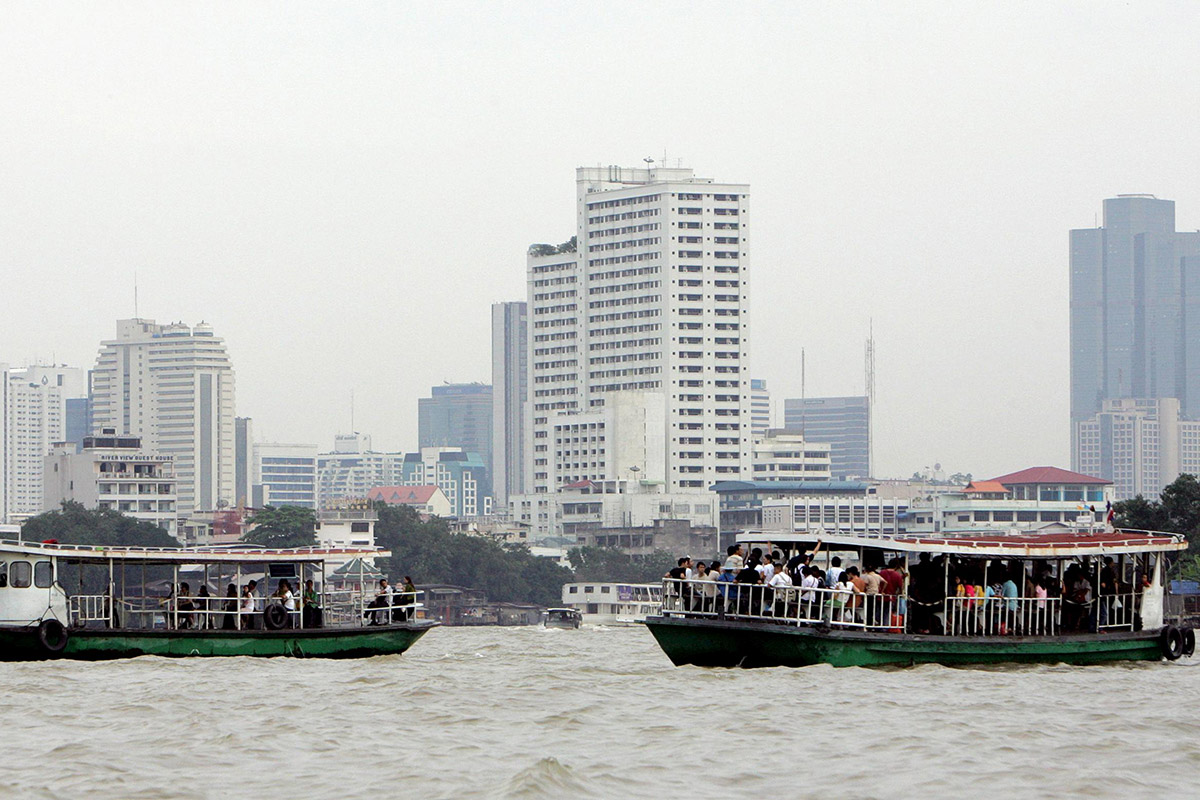In line with its Thailand 4.0 goals, the Land of Smiles has been on an active lookout for foreign investors willing to finance projects under this initiative. South Korea, recently expressed keen interest in doing so at a recent seminar celebrating 60 years of South Korea-Thailand diplomatic relations.
As of 2017, foreign direct investment (FDI) from South Korea to Thailand stood at US$145 million which is a negligible amount compared to the likes of Japan, Singapore and the European Union which have investments in Thailand totalling more than US$6.3 billion. However, South Korea has been keen on expanding its investment ties with countries around the region and now turns its focus on Thailand’s Eastern Economic Corridor (EEC) as its next investment target.
The EEC is slated to be an arterial node for trade, investment, and regional transportation, besides also serving as a strategic gateway to this region. It is part of the government’s wider Thailand 4.0 plan to transform the Thai economy into Southeast Asia’s engine of growth.
According to official government data, the EEC is slated to attract around US$46 billion in investments. The areas for investment are mostly centred on S-curve industries which would heavily improve connectivity and cultivate innovation in Thailand.

Sources: Various sources
South Korea’s slice of the investment pie
South Korea's investments in Thailand will mostly focus on its strong industries that overlap Thailand’s S-curve industries. These include automation, smart automotive, energy and digital technology.
"Plenty of opportunities are lying ahead for both countries. This is the right time for Thailand and South Korea to tighten their relationship and become trade partners considering the improved economic development trend in Thailand, and many infrastructure project developments in the country,” said Thai Deputy Prime Minister Somkid Jatusripitak. “Thailand is transforming into an advanced economy driven by digital technology and we need help.”
He also pointed out that Thailand can stand to benefit from technology transfer with South Korea in the longer run. Ultimately, it provides a win-win situation for both sides – whereby Thailand is closer to becoming an advanced nation while South Korea obtains investment opportunities with stronger returns.
“South Korea has had great experience in turning its country into an advanced economy. We hope that South Korea's expertise in technology, innovations, research and development is crucial to support this transformation. There is a lot that we can learn from South Korea. At the same time, there are plenty of opportunities for South Korean investors to invest in development projects and advanced industries in Thailand,” he added.
Kim Young-ju, Chief Executive Officer (CEO) of the Korean International Trade Association, echoed Jatusripitak’s remarks and added that Korean culture also has a part to play in building this long-term investment relationship.
“A lot of Thais love Korean culture. We have seen more Korean language schools in Thailand. This mean good news to us. Now, we can expect more human resource exchange in the future and, of course, more business and mutual growth,” he said.
To improve ease of investment and doing business in Thailand, the government there has made significant improvements in its procedures. The time it takes now to register a new company in the country has been drastically reduced from 27 days to four. Besides that, the introduction of the SMART visa which combines a visa and work permit together is aimed at ensuring a smoother immigration and living process for highly skilled professionals and executives looking to venture into Thailand.
On top of that, the Thai Board of Investments (BOI) has been continuously introducing investment promotion incentives to woo investors. The most recent incentive was the extension of the maximum tax holiday period from eight years to 13 years on investment projects in targeted industries, a 50 percent corporate income tax reduction for up to five years in special investment promotion zones, and the exemption of import duties on materials for research and development purposes.
